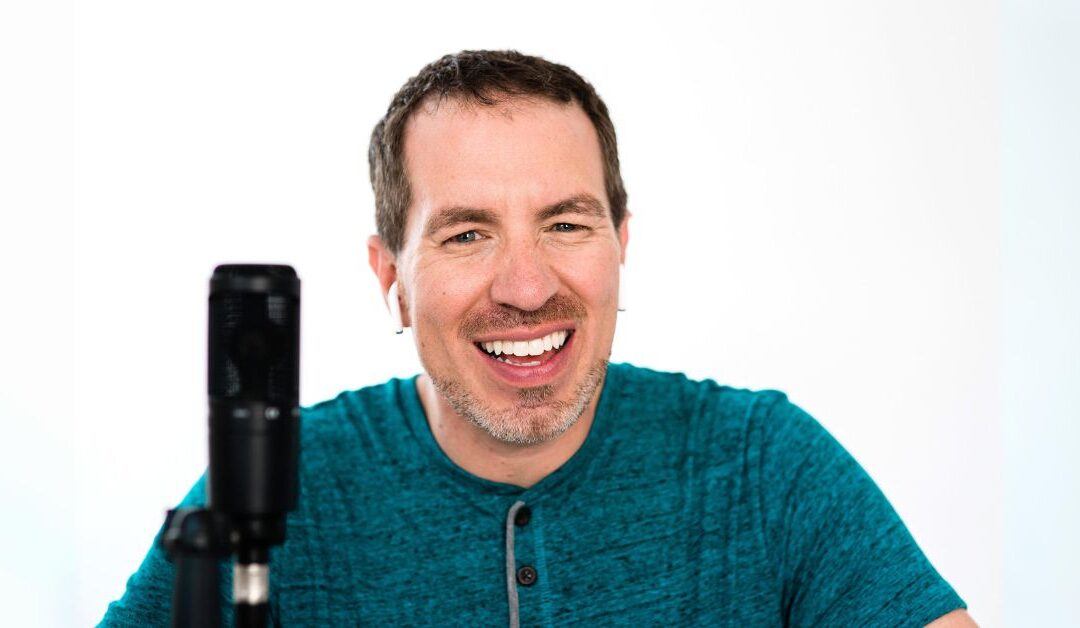The Importance of Choosing the Right Podcast Format
Choosing the right podcast format is crucial for the success of your show. When someone starts loving a podcast, it’s because it feels familiar and they enjoy the format. Changing the format later on can be jarring for your loyal listeners. So, it’s important to get this decision right from the beginning. As a podcast consultant, I am often asked about the best format for different situations. In this blog, I will walk you through the three most common podcast formats and share the pros and cons of each one, so you can choose the best one for your specific situation.
The Solo Podcast Format
The solo podcast format is just one person talking to a microphone, without any guests or co-hosts. The biggest advantage of the solo show is that it is the quickest and easiest to do. You don’t have to rely on anyone else, and it’s easier to edit because it’s more predictable. However, the downside is that you have to come up with all the content yourself, and your guests cannot share the episodes because there are no guests.
The Interview Podcast Format
The interview podcast format involves interviewing other people about what they do and their expertise. The number one advantage of an interview show is that you don’t have to bring all the content. Your guests bring their expertise and knowledge. Additionally, your guests will often share the episode with their audience, which can help increase your reach. However, the downside is that there is more work involved in booking guests and dealing with technical issues. Interviews can also be less predictable and require more editing.
The Team Podcast Format
The team podcast format involves two people co-hosting or a host and a sidekick. This format allows you to divide the work and share the content creation and marketing responsibilities. It can also make the recording process more comfortable for those who are not comfortable talking alone. However, there are risks involved with doing a team show, such as finding chemistry between hosts, dealing with creative differences, and ensuring that each host brings a unique voice to the show. Developing a brand can also be more challenging with a team show.
Choosing the Right Format for Your Show
So, which podcast format should you choose for your show? The answer depends on your specific goals and preferences. If you prefer to work alone and have full control over the content, the solo podcast format might be the best option for you. If you enjoy having conversations with others and want to leverage their expertise, the interview format could be a good fit. Lastly, if you prefer sharing the workload and want to create a dynamic show with multiple voices, the team format might be the right choice.
Considerations for Episode Length
When it comes to episode length, there is no one-size-fits-all answer. The length of your episodes should be determined by the content itself. Don’t make episodes longer or shorter than necessary. Longer episodes can help develop more loyalty with your audience, but only if the content is engaging. With the rise of video podcasts, it’s important to deliver a good product quickly, as viewers have higher expectations. Ultimately, the length of your episodes should be based on your goals and the needs of your audience.
Conclusion
Choosing the right podcast format is essential for the success of your show. Whether you prefer the solo, interview, or team format, each has its pros and cons. Consider your goals, workload, and audience preferences when making your decision. Remember, there is no right or wrong format, as long as it resonates with your audience and allows you to create engaging content. Happy podcasting!





